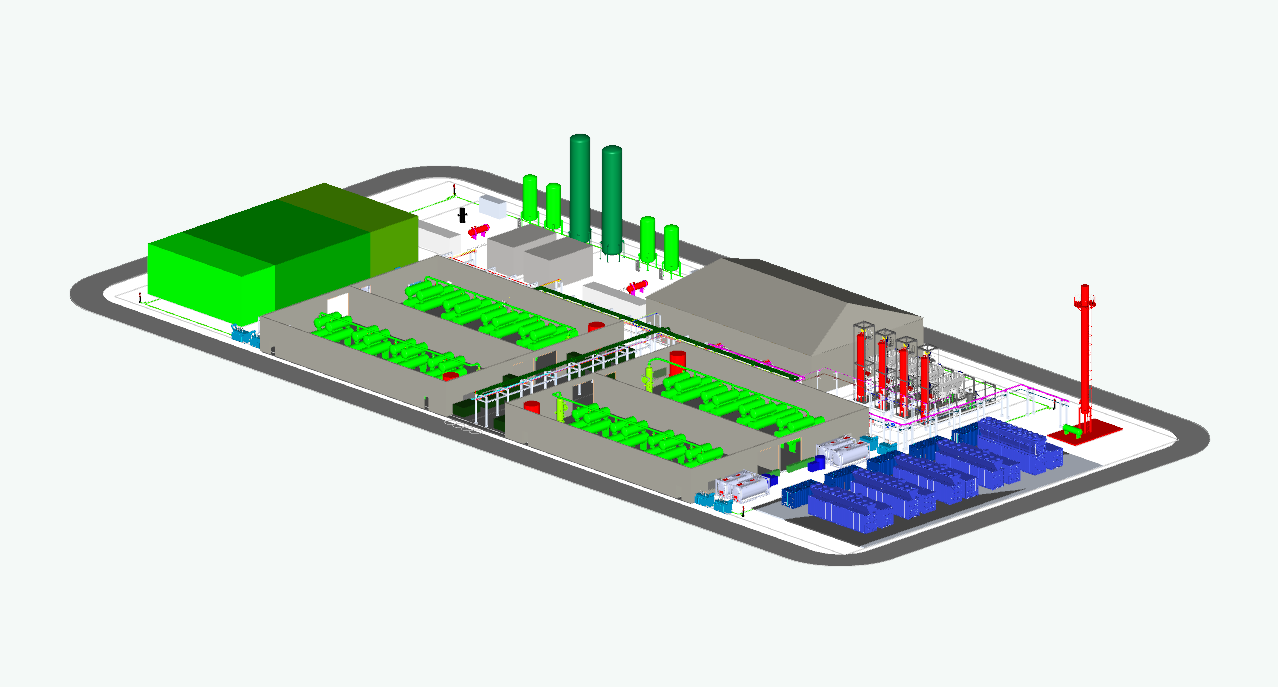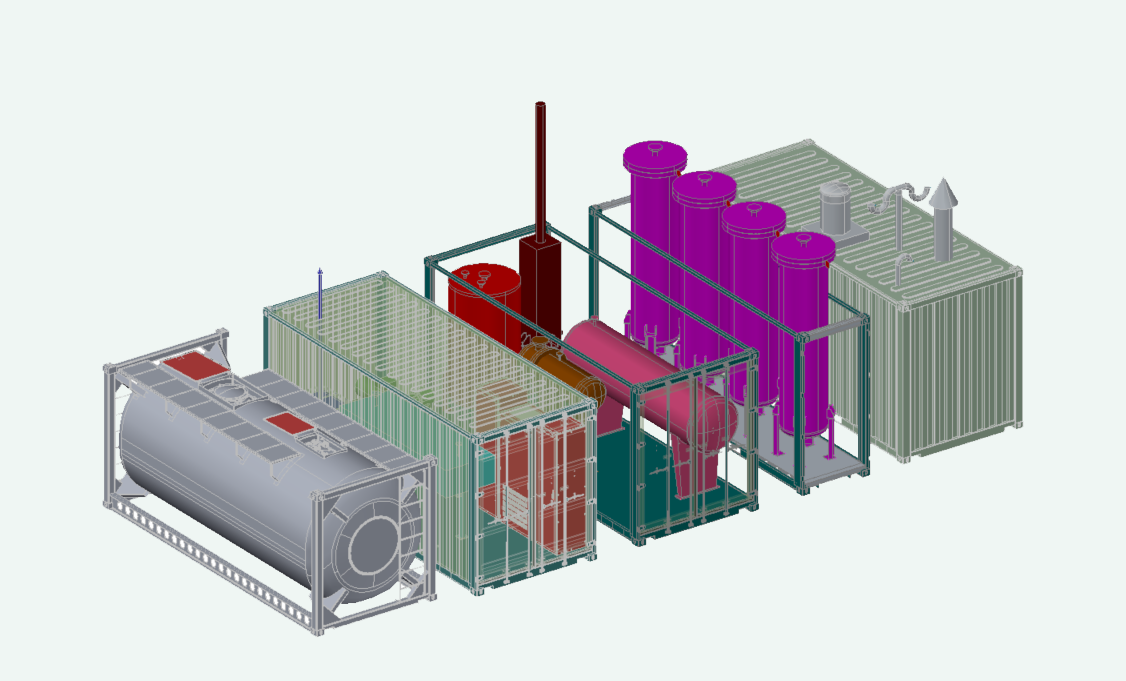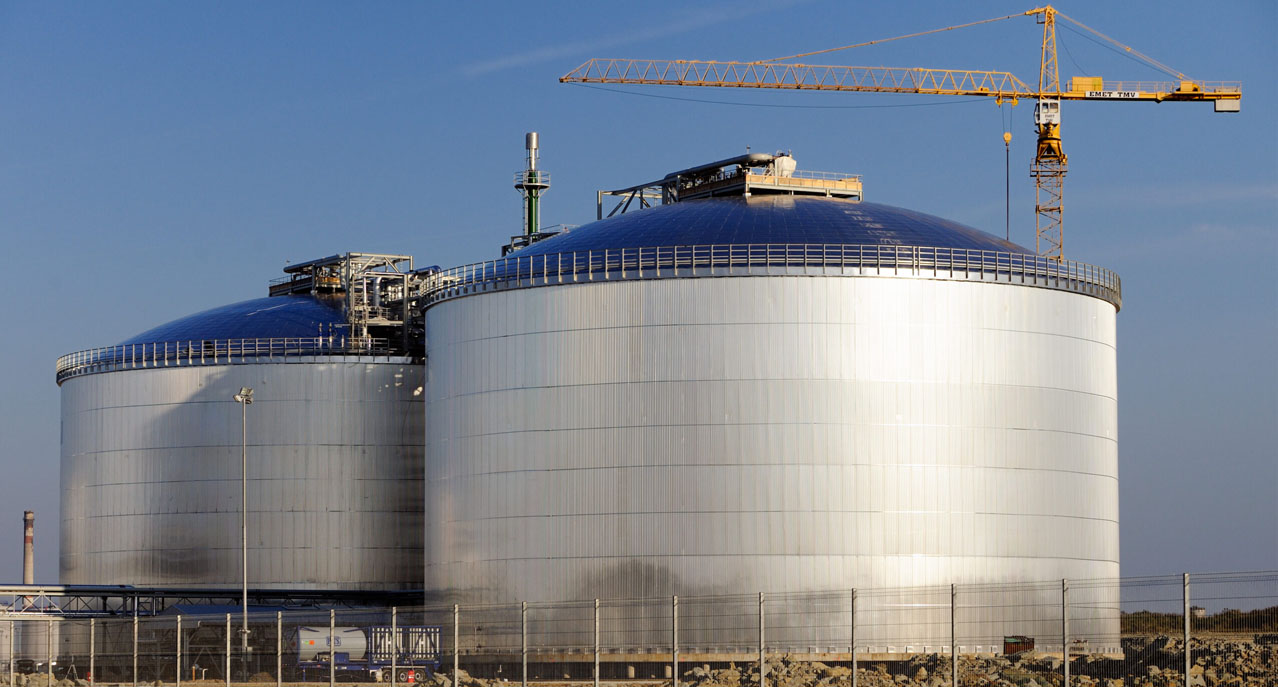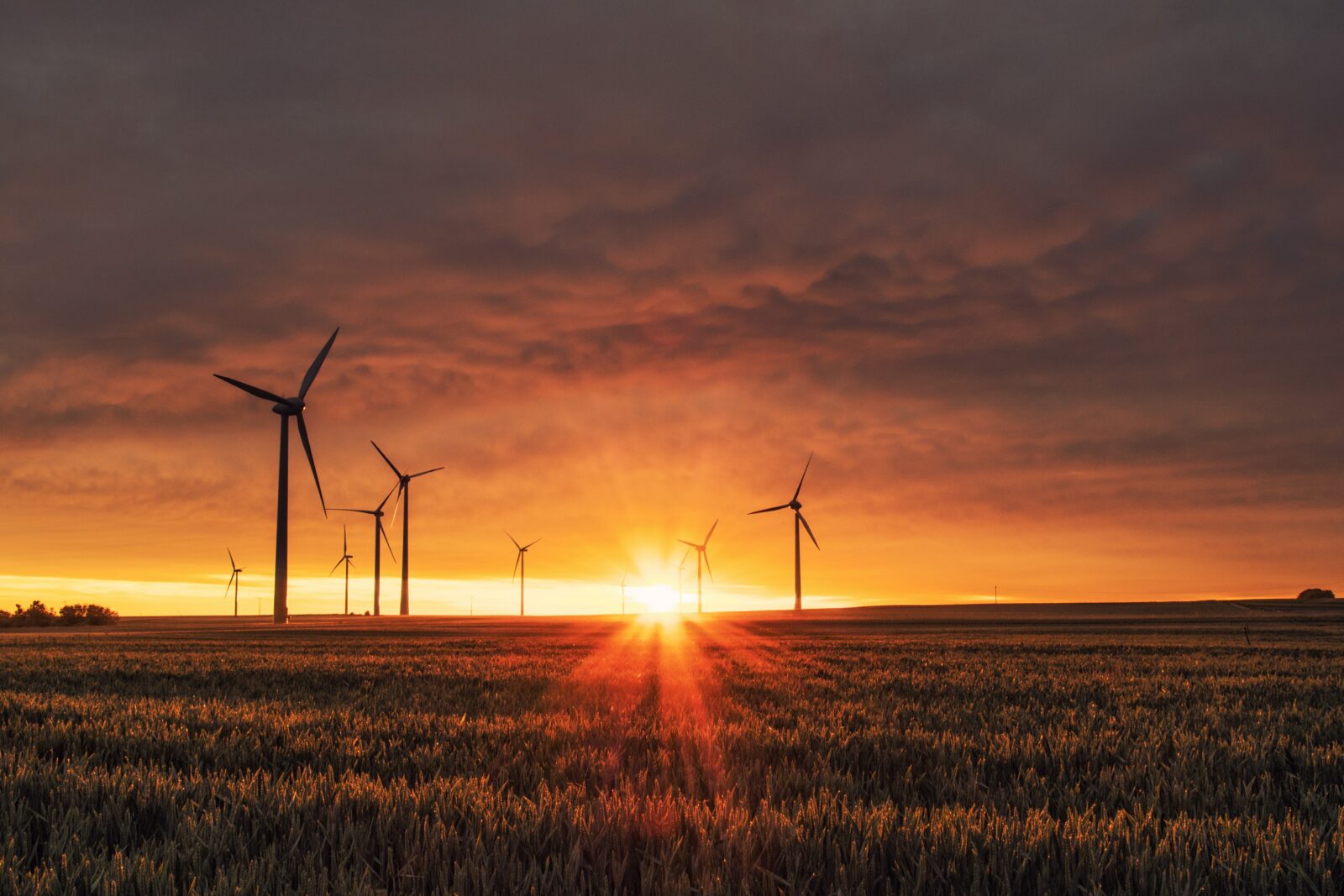Hengelo, The Netherlands, 26 January 2021 – Delft University of Technology (TU Delft) spin-off Battolyser is preparing to install a large-scale battery-based energy storage system that will also produce hydrogen. The patented technology will challenge the dominance of conventional alkaline electrolysers in hydrogen and ammonia production and help make the transition to clean energy possible.
The Battolyser solution was designed to do three things well. One; capture and store surplus renewable energy, which is generated when there is a lot of sun and wind. Two; produce hydrogen once the battery is fully charged. Three; use the electricity stored in the battery to continue producing hydrogen or return this electricity to the grid when there is a shortage of solar and wind power.
Lower costs
“Conventional electrolysers can do this too, as can conventional batteries, but the patented Battolyser technology does it better and at lower costs in situations where it really matters,” said its inventor, Fokko Mulder, Professor at the Chemical Engineering department of Delft University of Technology.
Both produce hydrogen at a low cost when the price of electricity is low, but conventional alkaline electrolysers need to run even when electricity is too expensive to produce hydrogen. The Battolyser system does not. It can instantly switch back and forth between full hydrogen production and battery discharging, so it can switch from being a buyer of electricity when prices are low to become a seller of electricity when prices are high.
“This makes it possible to buy electricity when the price is low and then convert it in order to produce hydrogen at a cheap cost. When the price is high the battolyser can sell its electric power. The Battolyser delivers its clients levelised costs of storage low enough to profit from the margins” said Kees Koolen, Chairman and CEO of Koolen Industries, which has invested in Battolyser and made it part of its family of clean energy companies.
Renewable ammonia (NFuel)
Its ability to supply hydrogen 24/7 makes the Battolyser suitable for the production of renewable ammonia (NFuel), renewable methanol and other processes such as DRI, or direct reduction of iron, the process of removing oxygen from the iron.
The continuous supply of hydrogen is necessary to avoid plant shutdowns or to avoid process fluctuations. Current technologies cannot do this, so the Battolyser will become a vital tool for making the production of such raw materials green, while also delivering savings due to the reduced need to store liquid or gaseous hydrogen in expensive storage means.
For larger-scale installations, the Battolyser could be a preferred tool in the energy transition since it relies on electrodes made from nickel and iron, materials that are abundantly available from mining under fair working conditions. There will therefore be no shortage or sudden cost increases when multiple units of Battolysers have to be supplied to clients. Therefore, scaling-up the Battolyser units in various parts of the world will be easier.
Market entry in 2021
The first phase demonstration Battolyser paves the way for the installation of the first 15kW/15kWh Battolyser for electricity storage and hydrogen production at the Magnum power station in Eemshaven in the Netherlands in early 2021.
Battolyser will then be in a position to scale up immediately, having secured a fresh injection of capital from both clean energy conglomerate Koolen Industries and its green ammonia technology subsidiary Proton Ventures.
“As soon as the first large-scale Battolyser solution has been cyclically tested to monitor hydrogen purity and efficiency, we will scale up to installations up to 10 Megawatt at industrial partners, solar parks and locations where electricity from offshore wind farms is coming on shore on a large scale. Ultimately, we will install Battolyser systems on a Gigawatt scale,” said Hans Vrijenhoef, CEO of Proton Ventures and interim CEO of Battolyser B.V.
Ancient revolution, new design
The Battolyser is based on the original Edison battery from the early 1900s as well as on alkaline electrolysers. Thomas Edison’s Nickel-Iron battery also produced hydrogen once it was fully charged, though at the time it was seen as a wasteful and dangerous byproduct that was difficult to get rid of.
The Battolyser is a version of this battery system that captures and stores the hydrogen at elevated pressure, which makes it very energy efficient and able to compete with battery technologies, such as lithium-ion or flow batteries, and with conventional electrolysers.
“The Battolyser can be charged and discharged just like any other battery, except it can run to empty or be 100% full and even overcharge, unlike for instance lithium batteries that typically use less than half their capacity,” explained Mulder.
Powerful producer of hydrogen
Once it’s fully charged, the Battolyser is transformed into a powerful producer of hydrogen. It is a kind of alkaline type battery that has the characteristics of an alkaline electrolyzer. So it is not actually a conventional alkaline electrolyser as such, but it behaves like one and it does the same thing. It turns water into hydrogen and oxygen.
“The Battolyser technology is the first solution that integrates battery energy storage with electrolysis capabilities. As a result of this dual functionality, the patented battolyser can store electricity and convert electricity to hydrogen at lower levelised cost than other combinations of batteries and electrolysis technologies,” said Mulder.
“In addition, the Battolyser achieves an excellent total efficiency of up to 80 – 90% and thanks to its highly robust and durable nature it delivers energy for many years, which also outperforms existing technologies.”
Obvious energy storage solution
The ability to efficiently store Gigawatts of clean energy is essential if we are to create a zero emissions energy system. This is because we will still need to deliver electricity during periods when there is too little sun and wind.
Currently, this is done by gas or coal fired power stations, where generation capacity can be turned up or down in response to demand. To remove this reliance on fossil fuels, we must store enough clean energy to be able to balance the energy system.
Batteries can be used to store clean energy in the short-term, for instance to store electricity generated by solar panels during the day and return it to the grid at night. Hydrogen production is another way to store energy. By converting electricity into hydrogen, it can be stored for long periods, for instance between seasons, before it is used as a fuel or converted back to electricity.
“The Battolyser solution serves both of these purposes at costs well below the costs of systems that combine conventional lithium-ion batteries with conventional electrolysers, so it is an obvious energy storage solution for solar and wind power generators all over the world,” said Kees Koolen, Chairman and CEO, Koolen Industries.
Agrees Professor Mulder: “Battolyser uniquely combines electricity storage in the battery with hydrogen production when the battery is charged. In this way, both short-term electricity storage and long-term hydrogen fuel storage and chemical feedstock generation are enabled in one energy- and materials-efficient solution.”
About Battolyser
Battolyser is a Delft University of Technology spin-off that aims to stimulate the development, production and commercialization of the Battolyser technology. It is backed by Koolen Industries, Proton Ventures, Professor Fokko Mulder and Delft Enterprises, which is part of Delft University of Technology.
www.battolysersystems.com
About Koolen Industries
The mission of Koolen Industries is to enable everyone to contribute to and participate in the energy transition. Generating clean energy from wind and the sun, and developing solutions that store, transport and deliver this energy, we provide consumers and industry with an autonomous life that is independent of the grid.
Koolen Industries is a group of companies that cooperate to offer complete, integrated clean energy solutions to companies and consumers. Whether it is about solar energy, lithium batteries, power to gas solutions, charging infrastructure or a combination thereof; Koolen Industries can transfer the wish of customers into reality.
Since its inception in 2019, Koolen Industries has brought a number of companies into the fold. These include solar panel installations companies BonGo Solar, NovaVolt and BeSolar, lithium battery maker Super B, energy storage company Smart Grid, electric charging infrastructure firm Floading Energy, green hydrogen and ammonia company Proton Ventures, mobile energy storage company GreenBattery, thermal energy storage firm Kraftblock, flow battery developer Elestor, cloud-based mobile energy storage platform provider Skoon Energy, EIT InnoEnergy, which invests in sustainable energy start-ups across Europe, AI robotics company Aziobot and Hardt Hyperloop.
www.koolenindustries.com




